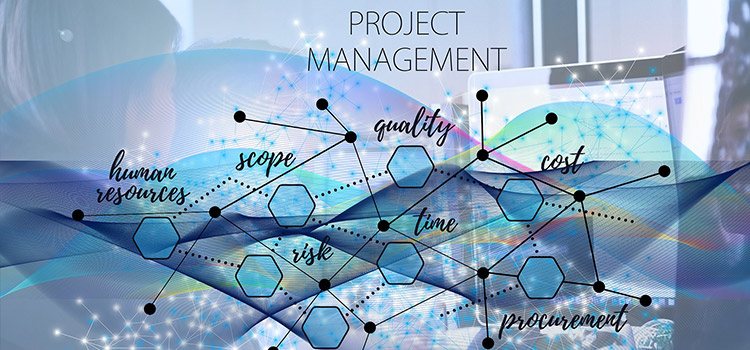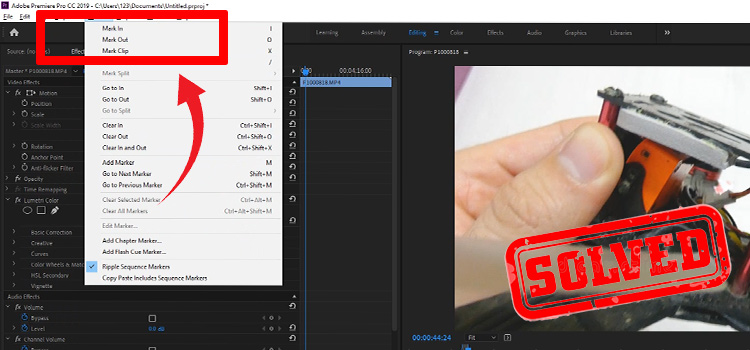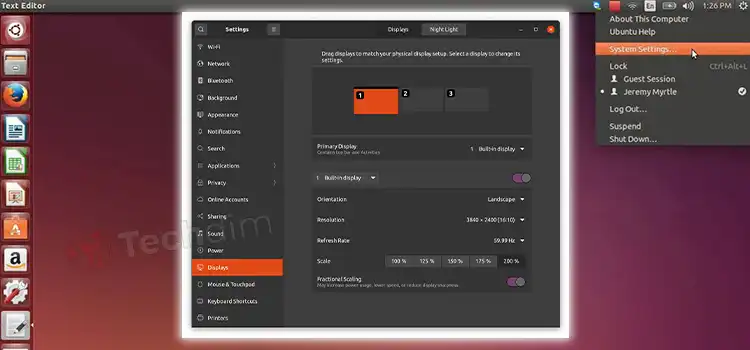9 Effective Project Management Strategies for Your Project
Believe it or not, successful project management strategies play a crucial part to manage a project. According to financeonline.com, Organizations that use the proven PM (Project Management) practices waste 28 times less money than their counterparts who do not have PM practices in place. Now a day, project management strategies are being applied through a kind of project management software. In this article, we will look over 9 effective project management strategies that will be effective and successful for your project. So, let’s start;

9 Effective Project Management Strategies for Your Project
To achieve the goal of your project management system, you need to follow some strategies. You could follow different strategies for the different project management systems. Here are the 9 effective strategies for your project system;
1. Detailed Work Plan
Before kick-starting the project, mapping out the key project requirements is necessary. Create a work plan according to the requirements your project demands. The requirements could be anything your project demands. List of stakeholders, project timeline, deliverables, resources, and others.

To do so, you need to create a list of key requirements that your project demands. It is always better to do this before starting the project. This is considered to be an essential task to keep everyone related to the project on the right track from the beginning and sort out any discrepancies quickly.
2. Wise Recruitment
A wise recruitment process can help you to achieve the project goal. It will not only enable the steady flow of project but also creates a culture of continuous improvement in completing project tasks. A qualified recruit can take your project to another level.
Analyzing the skill and qualifications of potential candidates will help you to recruit the right options for your project. Be aware of the certifications and qualifications, because they can be misleading sometimes. For a better project outcome, recruit individuals that have the capabilities to foster a collaborative and supportive work environment in your project management system. These recruitments will lead you to achieve the project goals.
3. Arrangement of Risk Response Team
While managing a project, you may encounter some unexpected situations that can make the project tough to manage. Arranging a risk response team will help you to sort out unexpected or wrong situations. The risk response team will take the worst-case scenario into account to overcome these situations.
You need to make sure to include only those team members who have enough skills, knowledge, and experience to rescue the projects from mishap cases. Otherwise, this strategy could turn the unexpected situation to the worst.
4. Application of B.E.C.C on Employees
The B.E.C.C stands for Bond, Empathize, Connect, and Communication. These things are pretty useful to have an efficient team. It improves the mutual understanding between the team members. As you know, mutual understanding helps the team members to be more effective compared to others. So, this strategy will effectively help you to build a strong, skillful, and dedicated team.
5. Development of Leadership and Technical Competencies
Leadership and technical competencies have a direct impact on project goals. Companies that heavily rely on the technical competencies too much, get the softer side of project management affected. Because, successful project management is equally dependent on budget, empathy, skills, and leadership. Developing leadership and technical competencies will help you to tackle difficult situations as well as employees.
6. Tracking and Monitoring Project Progress
As you know, a project stands on taking care of many small tasks and other parameters. without monitoring these, it could get hard to manage the project. Sometimes, the manager fails to identify the project demands. By monitoring and tracking the project’s progress, you will know about the requirements and demands of the project at the right time. Some project management tools may help you to do so.

7. Consolidation of All Project Related Information
Consolidating documentation of all project-related information is a powerful resource for both current and future employees. It will provide all kinds of project-related information to all involved individuals in the project. Moreover, it could be pretty much useful for managing future projects. This information should be accessible to all the people who are working in different project management roles. Master the craft and increase your hiring chances with an online MPM degree
8. Recognition and Rewards
Recognition and rewards are the 2Rs to motivate the people who are working in different project management roles. Recognition motivates the employees to complete their tasks psychologically while financial supports make them more dedicated to completing their tasks. So, you should never forget about the 2Rs of motivation as the employees play a vital role in achieving the project goals.
9. Delegate and Develop
A project manager needs to be responsible enough to delegate tasks to the team members as well as the employees according to their expertise and area of specialization. This strategy will help you to choose the right member or employee for different tasks. Regular on-the-job and off-the-job training will develop the skill of your employees as they can be more skillful to complete their tasks.
According to Mondayblog, Just Under 1 in 4 Organizations Use Any Kind of Project Management Software. The Rest Are Working with Excel, Paper, or a Patchwork of Tools with Sub-Optimal Integration. As a result, 54% Of Organizations Lack the Ability to Track KPIs in Real-Time. For this reason, it is better to use project management software for your project management system.
Frequently Asked Questions (FAQs)
What Can Improve Teamwork?
Mutual understanding and communication between the team members improve teamwork capabilities. Also, team members who can clearly define their roles and responsibilities are useful to build a team.
What are 5 Key Management Skills for Projects?
The 5 key management skills for managing projects are;
1. Communication skills.
2. Time management skills.
3. Organizational awareness skills.
4. Problem-solving skills.
5. Leadership skills.
What are the Common Features of a Project Management Software?
A good project management software must have these below-described features;
1. Collaboration and Communication
2. Planning and Scheduling
3. Updating Task Features
4. Project Costing
5. Monitoring and reporting team performance.
Aftermath
The above-described strategies will help to achieve the project goals effectively. Monitoring the project will help you to know about the project requirement at the right time. Else, you may face difficulties with the project. That’s all for today, have a great day.
Subscribe to our newsletter
& plug into
the world of technology





